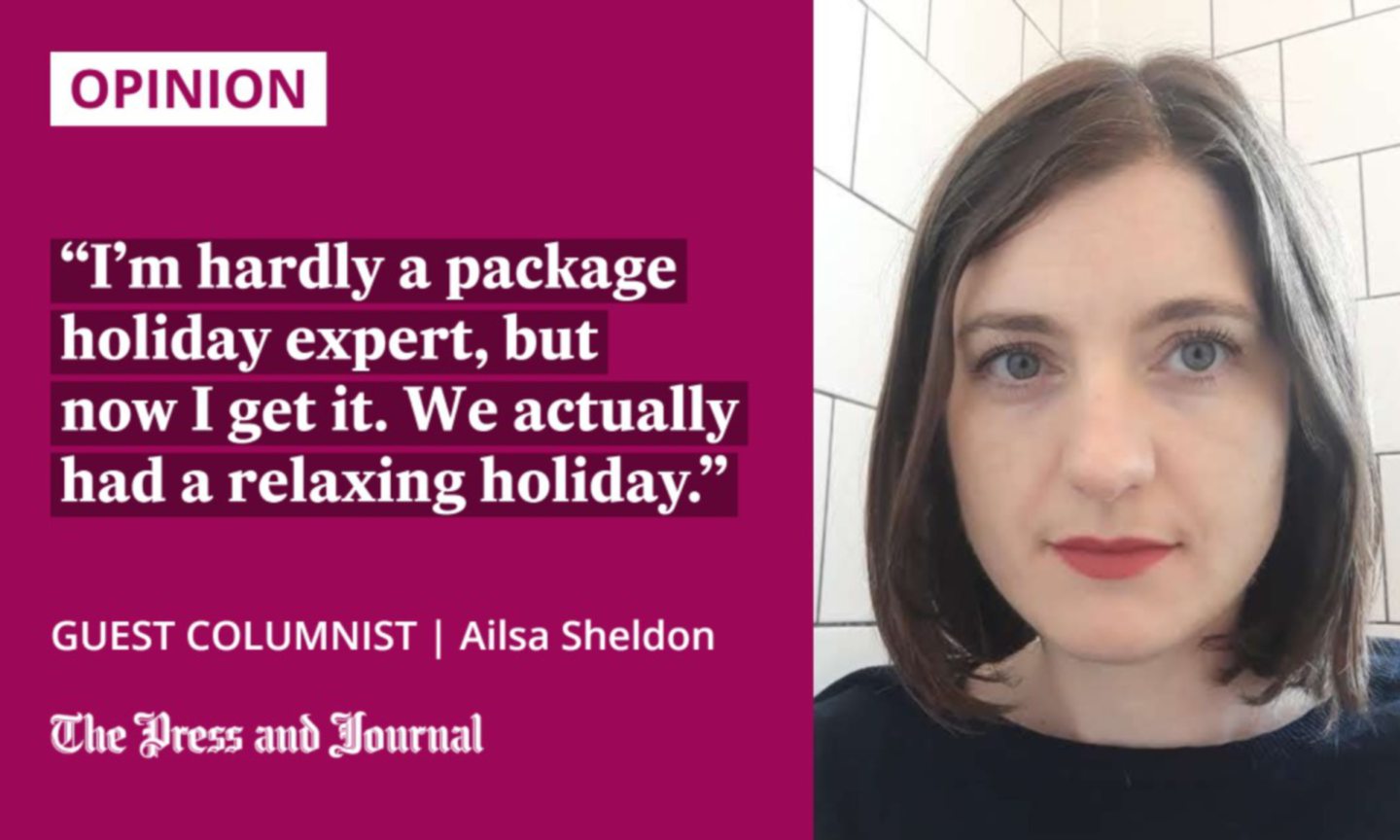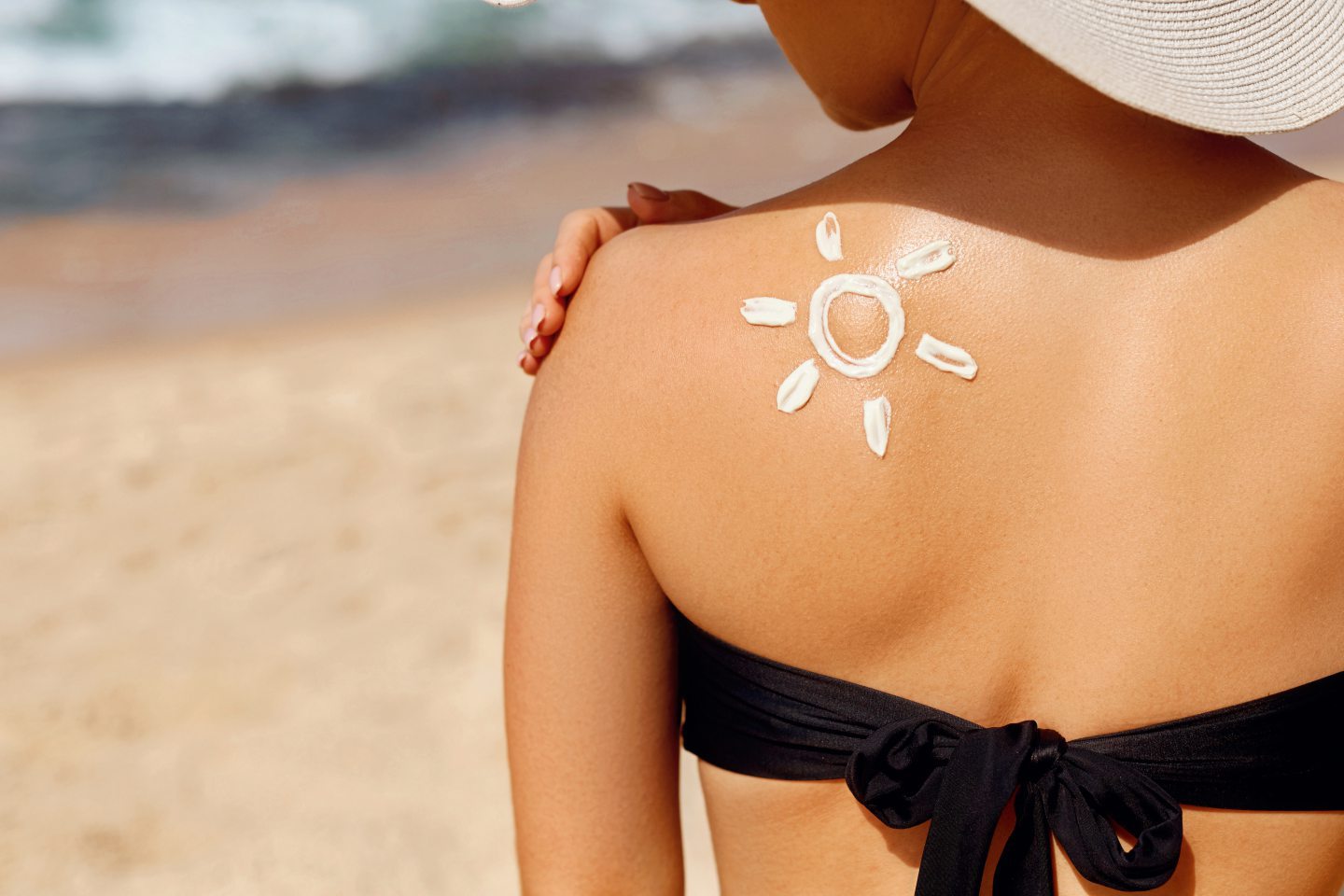Whether battling with camping stoves or stressing over restaurants, family holidays haven’t always been relaxing – until now, writes Ailsa Sheldon.
Cramped planes, a tired buffet and meeting your neighbour by the pool? Package holidays have a bit of an image problem.
However, in 2022, 12% of Brits surveyed booked a package trip and, judging by sales and travel forecasts, this number is likely to soar in 2023.
Package holidays are a British invention, started in 1941 by Thomas Cook, who took 500 visitors on a jolly to Loughborough. In 1950, packages took to the skies, as 11 holidaymakers flew with Horizon Holidays to Corsica on a government surplus Dakota DC-3 and slept in tents.
Why the appeal? Price is a factor. In our current, nightmarish fiscal climate, committing to a holiday that won’t soar in cost as the pound trembles is very appealing. But, as I discovered recently (after years of dismissing them) there’s more to package holidays than that.

Before our trip, we were almost apologetic. “It’s not our usual type of trip… We’re just really run down… We haven’t been away in years.” As though it’s embarrassing to admit that, on holiday, you would actually like a break.
Our last family holiday was camping on Harris. We struggled all week to keep the tent up and cook on the camping stove in the wind. Although we loved the island, we came home exhausted. This year, we saved up and decided to give all-inclusive a try.
Want to actually relax on holiday? Go all-inclusive
But, surely it’s not a real holiday unless you spend hours researching nearby, affordable restaurants that have food your children will eat? Then do it again a few hours later, when the offspring squawk to be fed again?
Or self-cater, and spend half your day cooking in an unfamiliar kitchen, with blunt knives and glass chopping boards, then do the washing up? Don’t get me wrong, I love exploring markets and restaurants, and I even love cooking – but it’s not always relaxing.
At our Greek hotel, there were three restaurants, and – to my teenage gannets’ delight – an all-day snack bar. This worked beautifully for the adults, too: their substantial pre-dinner snack gives us time for a whinge-free aperitif.
In our blended family, we have three boys aged from six to 14, and juggling their different interests can be mind-meltingly difficult. Happily, the on-site holiday activities were a hit.
We swam every day, read books, and took day trips to nearby towns. There was no meal planning and the food was delicious
My super-sociable 12-year-old delighted in team water polo, allowing the peace-seekers to snorkel or read in the shade with a cold beer. My partner’s six-year-old learned all the moves at the nightly mini-disco, going from standing on the sidelines to dancing on the stage, the young instructors elevated to god status in his eyes.
I’m hardly a package holiday expert, but now I get it. We actually had a relaxing holiday.
We swam every day, read books, and took day trips to nearby towns. There was no meal planning and the food was delicious. As much as I love it, you can’t say that about camping.
Ailsa Sheldon is a Scottish freelance journalist


Conversation